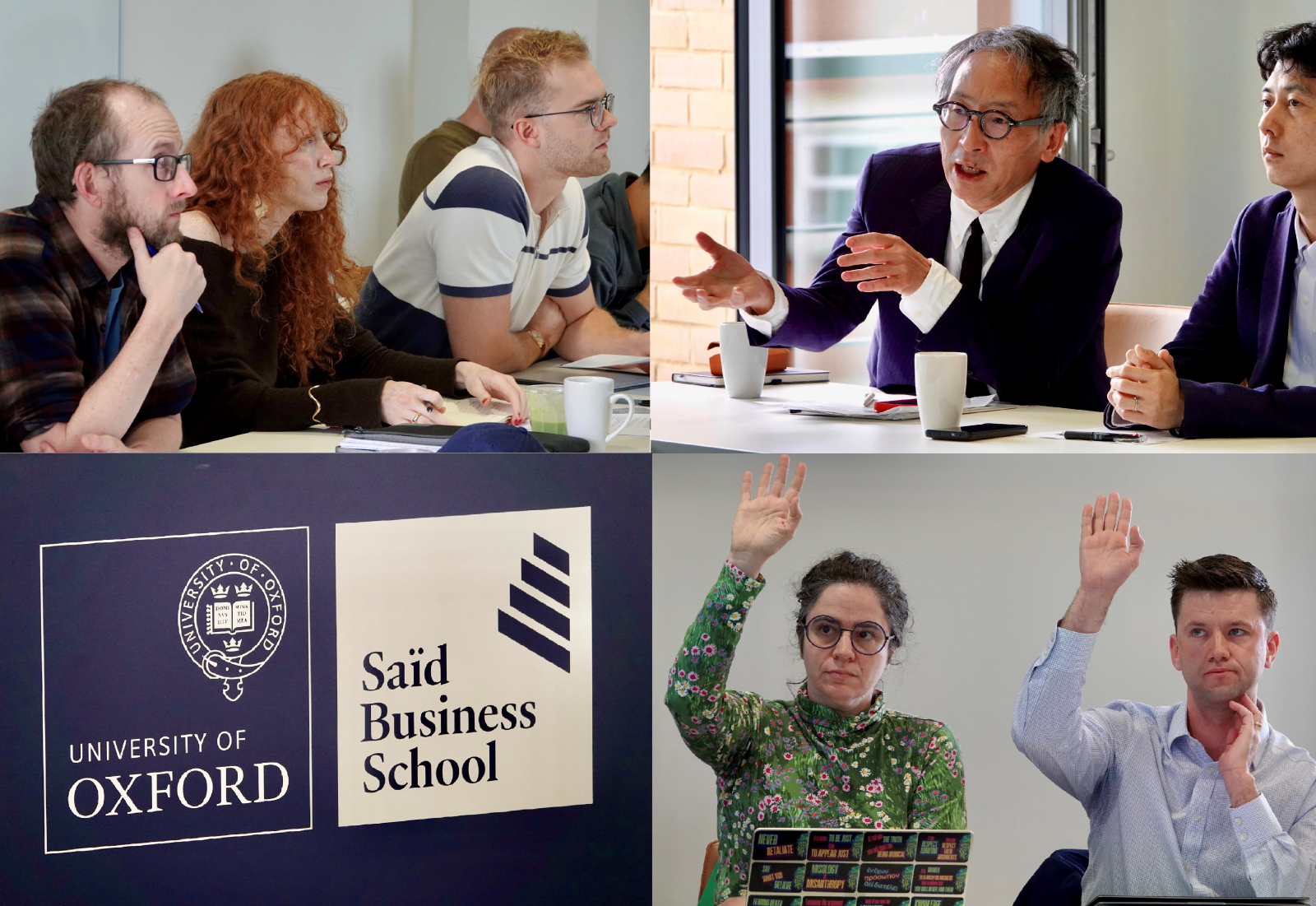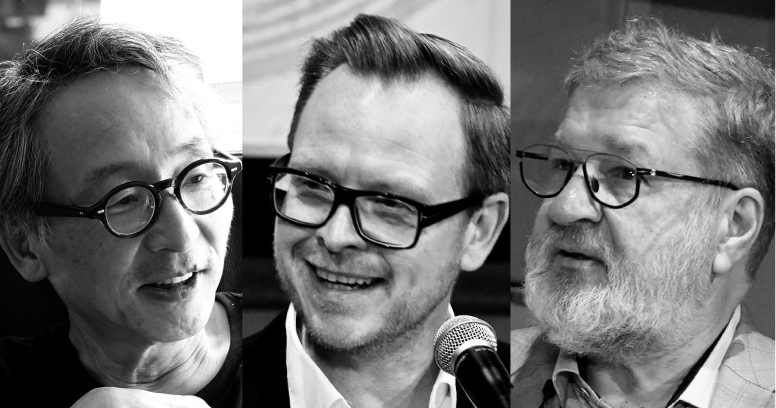AI, Authenticity, and the Self: Philosophers and Legal Scholars Reimagine the Future at Oxford Business School

On 27–28 May 2025, the Saïd Business School at the University of Oxford hosted an extraordinary gathering: the Symposium on AI, Authenticity, and the Self, co-sponsored by the Kyoto Institute of Philosophy (KIP) and the Oxford Centre for Corporate Reputation. For two days, some of the world’s most influential philosophers and legal scholars met in a business school setting to explore a question that cuts across technology, ethics, and identity: how does artificial intelligence change what it means to be human?
Details
Groundbreaking Conversations
The event opened with Agnes Callard’s provocative talk “LLMs are TTMs”, where she reframed the Turing Test as a “Turing Test Machine” problem, asking whether AI’s conversational prowess amounts to genuine thought. This challenge to long-standing debates about machine intelligence set the tone for a symposium that consistently pushed boundaries.
KIP Co-Chairperson Yasuo Deguchi’s paper “WE-turn” explored collective identity in the age of AI, while KIP Research Fellow Samuel Mortimer’s “Discrimination, slander, and the self” examined how algorithmic misrepresentation affects personal dignity by distorting how individuals are perceived and valued.
In the afternoon, Rupert Younger moderated a panel discussion entitled “Engaging Philosophy and Public Policy.” The panel featured Yasuo Deguchi alongside members of the GESDA (Geneva Science and Diplomacy Anticipator) delegation, Martin Mueller and Manuel Gustavo Isaac. Together, they highlighted the importance of transdisciplinary cooperation in addressing the challenges posed by emerging technologies such as AI.
This was followed by a keynote lecture from L.A. Paul, one of today’s most influential philosophers of metaphysics and decision theory. In her paper, Value by Acquaintance, Paul argued that certain kinds of value—such as the transformative experience of encountering a new technology or starting a new job—can only be fully understood through firsthand acquaintance. When applied to policymaking and business decision-making, this reveals the importance of bringing lived experience (and those who have it) inside deliberation whenever the stakes involve how people will actually value their futures.
Later sessions included:
- Ignacio Cofone (University of Oxford) on AI fairness and optimization,
- Timothy Williamson (University of Oxford) on decision theory and acting on what one knows,
- Richard Pettigrew (University of Bristol) on AI, consent, and preference formation,
- Ralph Wedgwood (University of Southern California) on authenticity as a higher-order value, and
- Elizabeth Anderson (University of Michigan) on how AI can degrade work and erode the dignity of workers.
These are scholars whose work defines contemporary philosophy and legal thought. Anderson is celebrated for her pioneering theories of equality and democratic justice; Williamson is widely regarded as one of the most important philosophers of his generation; and Callard has become a leading public intellectual bridging philosophy and civic life.
Philosophy in the Business School
That these debates took place at Oxford’s business school was not incidental. For many attendees, it signaled a recognition that the future of AI cannot be addressed by technologists alone. Questions of authenticity, fairness, and human dignity are inseparable from how organizations, markets, and societies evaluate both people and machines.
As Alan Morrison, who opened and closed the symposium, emphasized: the real challenge for institutions is not just to deploy AI efficiently, but to ensure it enhances rather than undermines the values that underpin trust and legitimacy.
A New Model for Dialogue
The symposium was not confined to academic formality. Coffee breaks spilled into intense debates, panel discussions drew in perspectives from public policy, and the social events—including a tour of the Ashmolean Museum’s Japan galleries—provided space for cross-disciplinary reflection.
What emerged was a model for how rigorous philosophy can meet the urgent concerns of business and society. The symposium demonstrated that serious philosophical engagement—far from being abstract or esoteric—is vital to shaping the future of AI in ways that safeguard authenticity, justice, and the human sense of self.
Others



